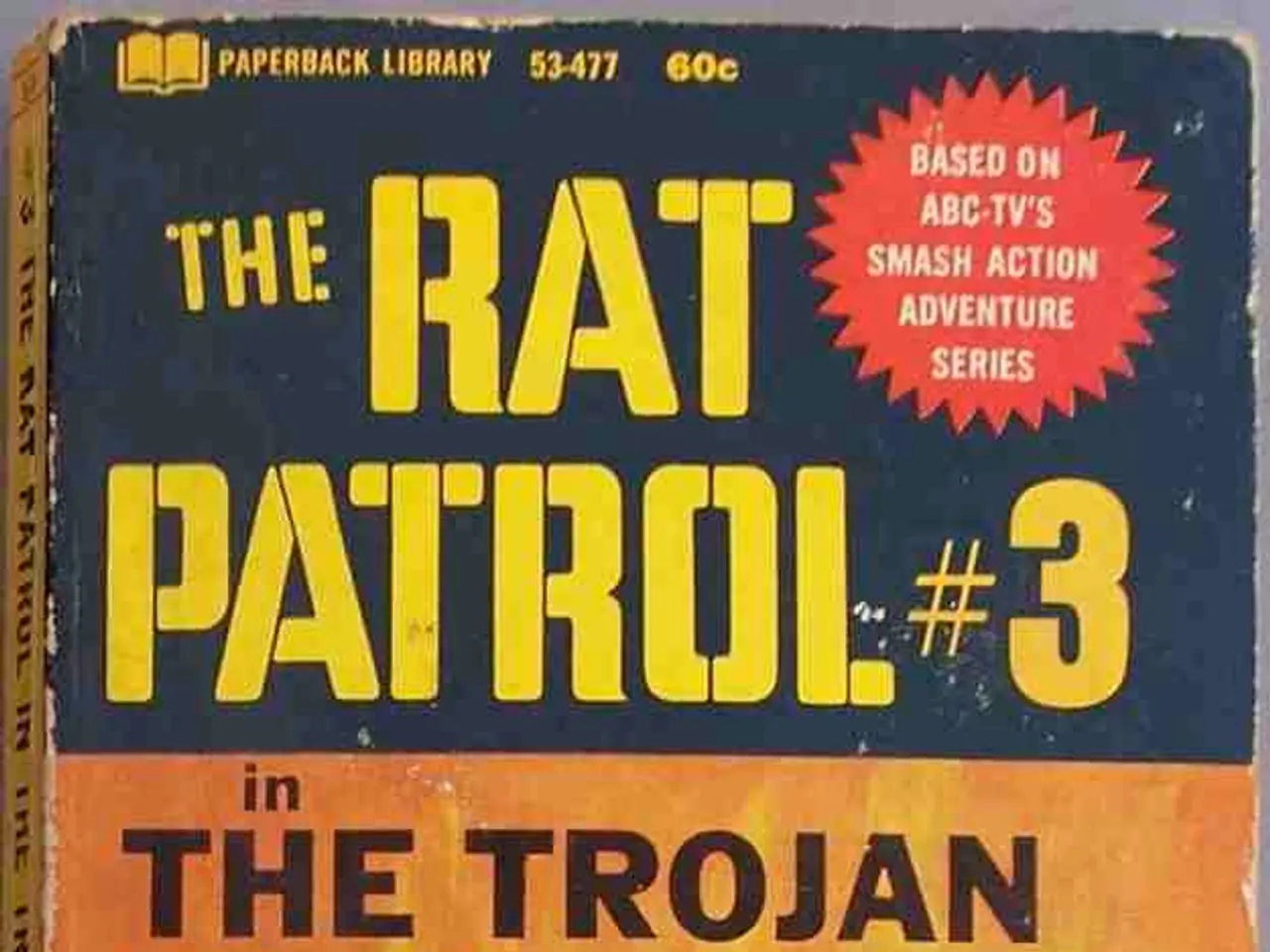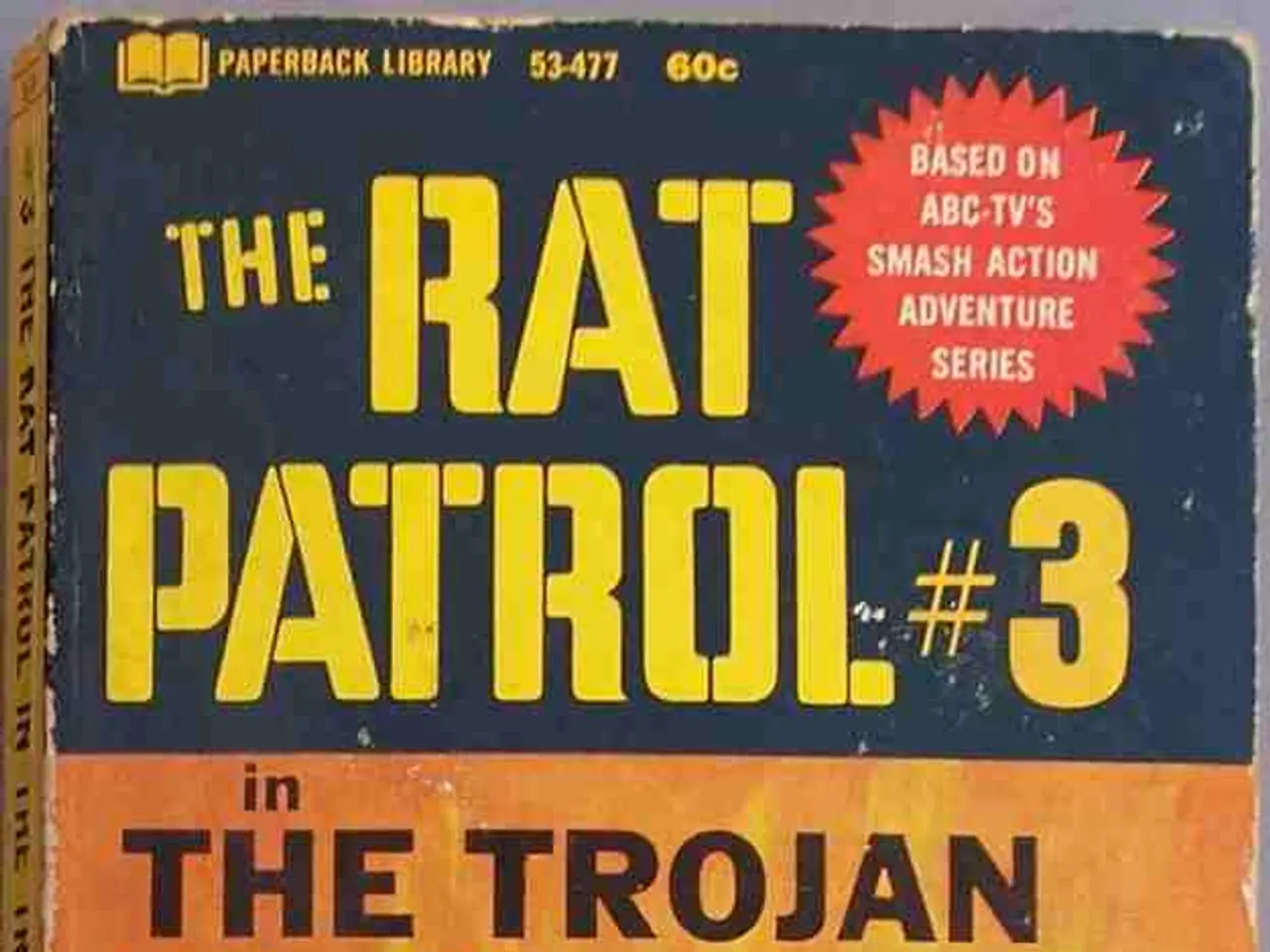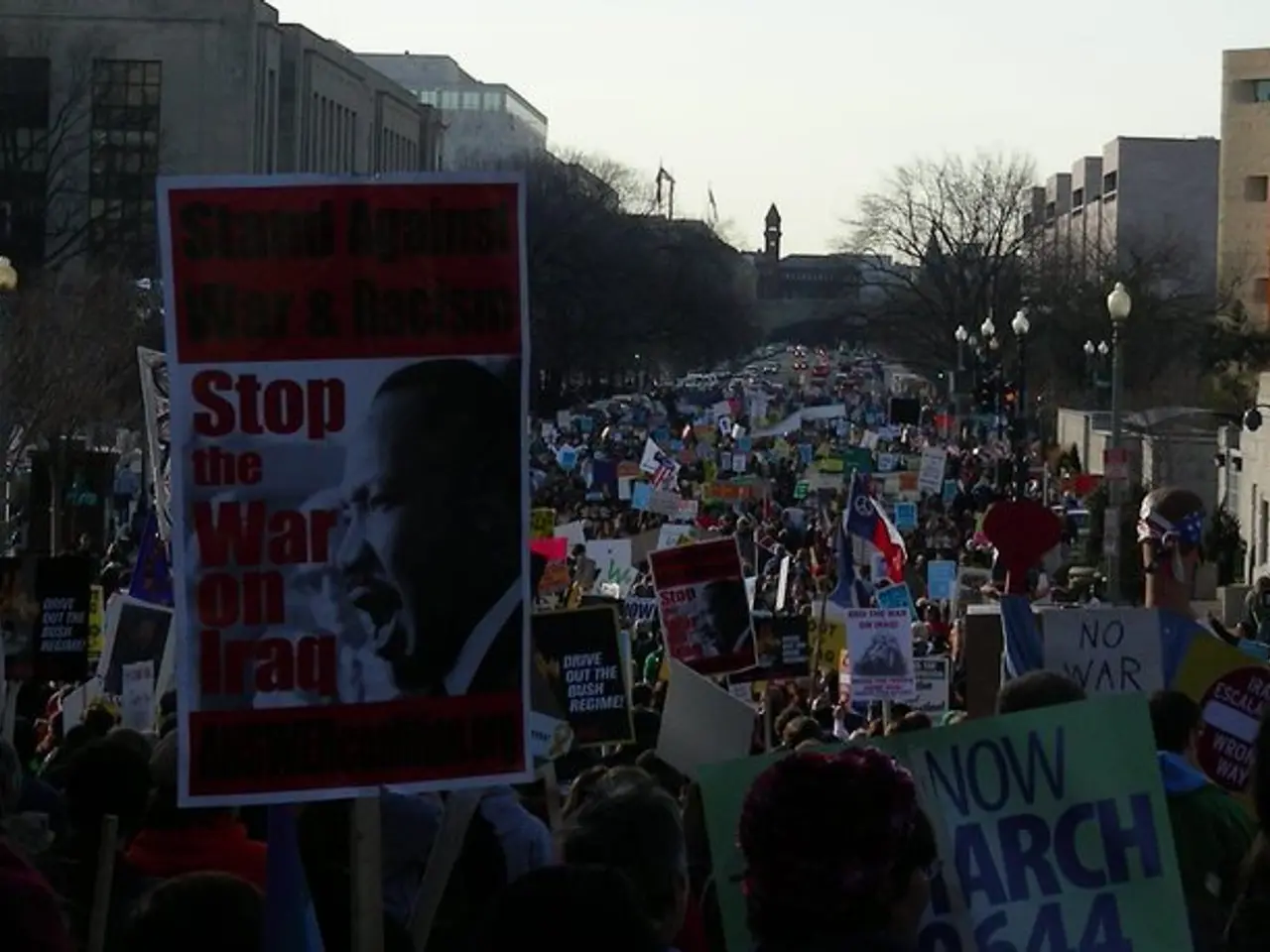Slovenia leads Europe by prohibiting arms sales to Israel
In a bold move that has stirred discussions within the European Union, Slovenia has become the first European country to impose a ban on the trade of weapons with Israel. This decision comes in response to Israel's actions during the ongoing conflict in Gaza and the ensuing humanitarian crisis[1][2].
Prime Minister Robert Golob, in a strong condemnation of Israel's actions, criticized serious human rights violations against Palestinians[1]. The ban includes the import, export, and transit of military weapons and equipment to and from Israel, signifying a significant political stance[1].
Slovenia's decision follows its earlier steps. Last year, it recognized a Palestinian state and declared two far-right Israeli ministers, Itamar Ben Gvir and Bezalel Smotrich, persona non grata for their incitement of violence and genocidal statements[1].
The European Union, however, has faced internal disagreements and disunity among member states, making it difficult to adopt unified measures against Israel[1][2]. The European Council has failed to agree on suspending Israel from a research fund over Gaza, and a review revealing Israel's actions in Gaza as a violation of human rights did not lead to any concrete sanctions[1].
Slovenia's unilateral ban highlights the challenges within the EU in taking collective action against Israel. While the European Commission has proposed partially suspending the EU-Israel association agreement due to Israel’s conduct in Gaza, EU member countries have yet to reach consensus on this step[2]. The ban increases pressure on the EU to respond more decisively but also underscores the bloc’s current internal divisions on this issue[2].
It is worth noting that Israel imports less than 1% of its weapons from Italy, with Germany being its second-largest supplier, having exported €485 million worth of weapons since October 2023[3]. The US, the world's largest arms exporter, accounts for almost 70% of Israel's arsenal[3]. Slovenia, however, has not been listed as a supplier of weapons to Israel[3].
Despite the EU's inability to take decisive action, Slovenia has repeatedly called for a ceasefire in Gaza and increased aid deliveries to the enclave[1]. The country's independent foreign policy, reflected in this ban, could potentially influence future discussions on the EU’s association agreement with Israel[1][2].
In a separate development, hundreds of thousands of young Catholics attended Pope Leo XIV's vigil at a Holy Year youth festival, an event unrelated to the ongoing situation in Gaza or the EU's response to it.
References: [1] Reuters. (2023). Slovenia to ban arms trade with Israel over Gaza conflict. Reuters. https://www.reuters.com/world/europe/slovenia-ban-arms-trade-israel-over-gaza-conflict-2023-07-15/ [2] The Guardian. (2023). Slovenia becomes first EU country to ban arms trade with Israel. The Guardian. https://www.theguardian.com/world/2023/jul/15/slovenia-becomes-first-eu-country-to-ban-arms-trade-with-israel [3] SIPRI. (2023). Arms transfers to Israel. SIPRI. https://www.sipri.org/databases/armstransfers
- Slovenia's policy-and-legislation decision to ban the trade of weapons with Israel aligns with its political stance, signifying a general-news move that has intensified discussions within the European Union about war-and-conflicts, particularly Israel's actions during the ongoing conflict in Gaza.
- The European Union, facing internal disagreements and disunity among member states, has not been able to take unified measures against Israel, while Slovenia's unilateral ban, along with its earlier steps like recognizing a Palestinian state, may influence future discussions on the EU’s association agreement with Israel, thereby shaping the direction of politics regarding war-and-conflicts and policy-and-legislation.








